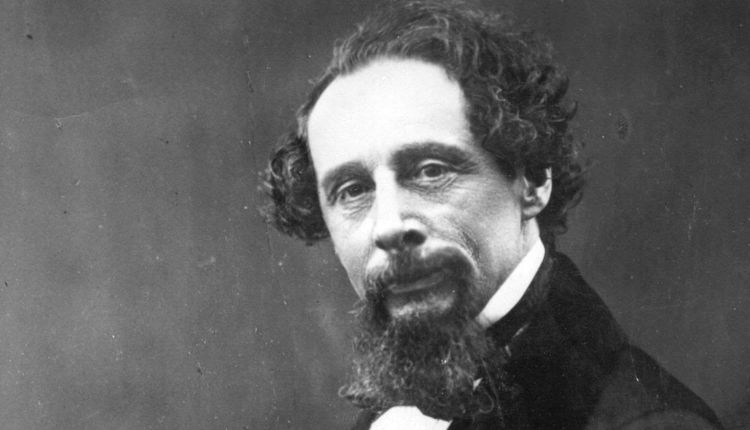Charles Dickens, one of the most celebrated novelists of the 19th century, left an indelible mark on English literature with his vivid characters, social commentary, and timeless storytelling. In this Author Spotlight, we embark on a journey to explore the life, career, and enduring contributions of Charles Dickens, a literary giant whose works continue to captivate readers worldwide.
Early Life and Background
Charles John Huffam Dickens was born on February 7, 1812, in Portsmouth, England. He grew up in a large family and experienced both the comforts of his father’s early success and the hardships that followed financial troubles. His early years were marked by a sense of wanderlust, which he would later channel into his writings. Dickens’ formative experiences, including his time spent working in a blacking factory, profoundly influenced his worldview and his commitment to social justice.
The Literary Journey Begins
Dickens’ literary career took flight with the publication of his first novel, “The Pickwick Papers” (1836-1837). This serialized work introduced readers to his knack for creating memorable characters and his keen eye for the quirks of society. The Pickwick Club’s adventures set the stage for Dickens’ subsequent works.
Notable Career Achievements
“A Tale of Two Cities” (1859)
Set against the backdrop of the French Revolution, “A Tale of Two Cities” remains one of Dickens’ most celebrated novels. It opens with the iconic line, “It was the best of times, it was the worst of times,” and explores themes of resurrection, sacrifice, and the tumultuous historical period. This historical novel is a testament to Dickens’ storytelling prowess and his ability to weave intricate narratives.
“Great Expectations” (1861)
“Great Expectations” is another masterpiece that showcases Dickens’ talent for character development. The novel follows the life of the orphan Pip as he navigates the complexities of class, identity, and ambition. It is a poignant exploration of human nature and societal expectations.
“Oliver Twist” (1837-1839)
“Oliver Twist” brought attention to the harsh realities of child labor and poverty in Victorian England. The story of the orphaned Oliver, who encounters a cast of memorable characters, including the notorious Fagin and the kind-hearted Nancy, continues to resonate with readers and has been adapted into numerous films and stage productions.
Social Reform and Advocacy
Beyond his novels, Dickens was a vocal advocate for social reform. His commitment to addressing issues such as child labor, inadequate education, and the plight of the poor is evident in his writings and public speeches. His novella, “A Christmas Carol” (1843), with its unforgettable character, Ebenezer Scrooge, remains a timeless call for compassion and generosity.
Dickens’ Legacy
Charles Dickens’ legacy extends far beyond his literary contributions. He played a pivotal role in shaping the Victorian novel and championing the rights of the underprivileged. His vivid characters and intricate plots continue to inspire writers and filmmakers, and his social commentary remains relevant in today’s world.
Conclusion
In this Author Spotlight, we have delved into the life, career, and enduring impact of Charles Dickens. His novels, characterized by their memorable characters and social critique, have left an indelible mark on the world of literature. Dickens’ ability to shine a light on the human condition and advocate for social justice continues to resonate with readers of all ages.
Join us in celebrating Charles Dickens’ literary genius and explore his timeless works that invite us to reflect on the complexities of human nature and society. Through his storytelling, Dickens reminds us of the enduring power of literature to illuminate our world and provoke meaningful change.







